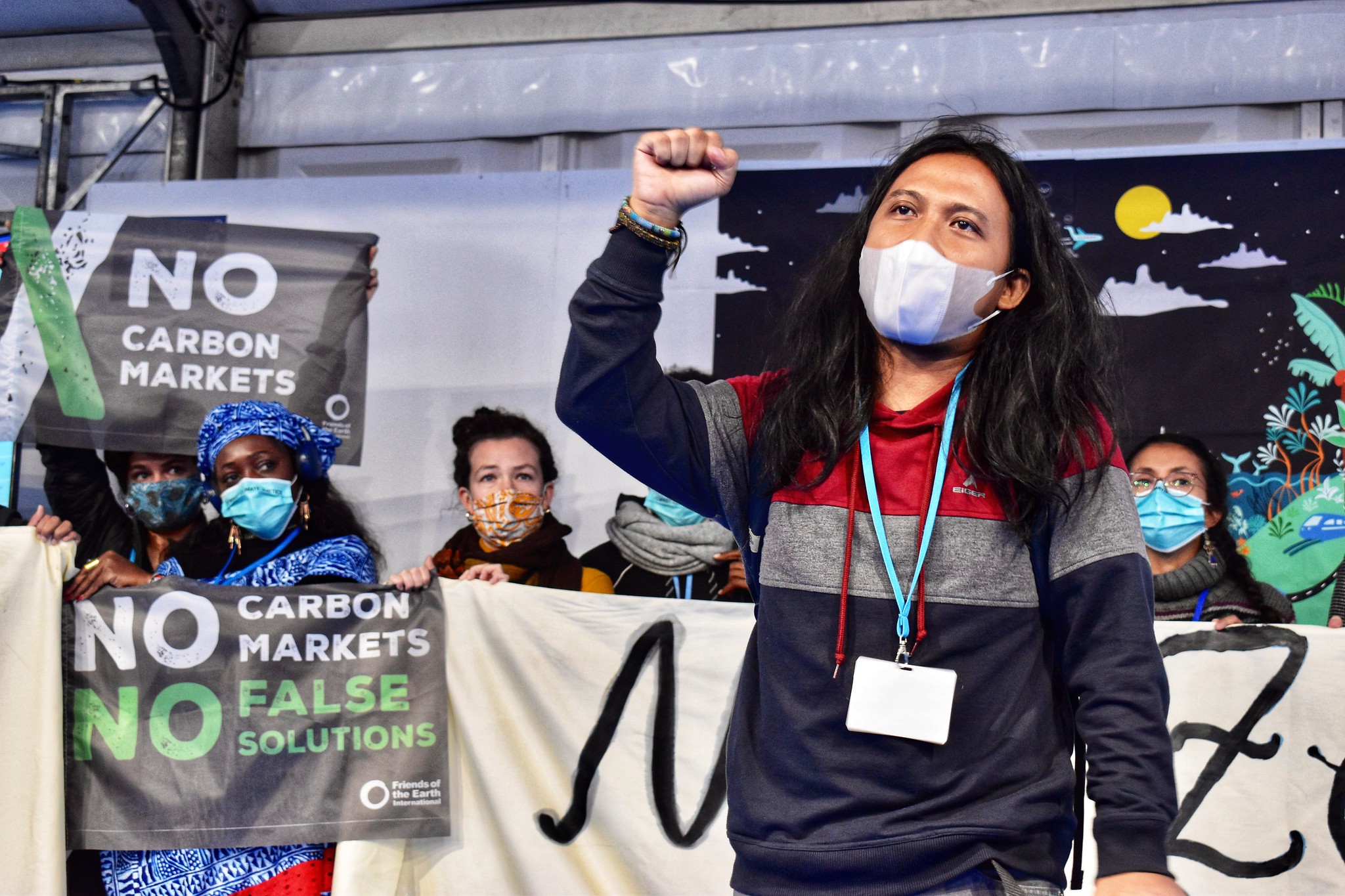
RBS top seven in the world for ‘bankrolling climate change’
The Royal Bank of Scotland (RBS) ranks seventh in the world when it comes to financing the global coal industry, a new study reveals today (Wednesday 30 November 2011).
Coal fired power plants are the biggest source of human made CO2 emissions, and the industry is responsible for gross human rights abuses and environmental damage.
The study ‘Bankrolling Climate Change’ by international network BankTrack and other NGOs, shows that the world’s top 20 banks provided nearly £150bn to the coal industry since 2005, with RBS providing almost £10bn.
Mary Church, Friends of the Earth Scotland campaigner, said:
“The global coal industry is the biggest source of human made C02 emissions, and both the mining and combustion of coal is associated with horrific human rights abuses and environmental degradation around the world.
“Since the bail out in 2008 – about half way through the period examined – it’s taxpayers’ money that RBS has been investing in this devastating industry.
“The bank must act now and quit bankrolling the global coal industry, instead directing this hefty investment towards low carbon technology. As a leading player in the banking sector – and as a taxpayer owned bank – RBS have a duty to set an example with environmentally responsible lending.”
The new research on the portfolios of the world’s leading banks is published by the international network BankTrack, German environment organisation urgewald, the South African social and environmental justice organisations groundWork and Earthlife Africa Johannesburg.
The study examines the portfolios of 93 of the world’s leading banks and their support for 31 major coal mining companies representing 44% of global coal production, and 40 producers of coal-fired electricity, which together own over 50% of global coal-fired generation capacity.
The total value of coal financing provided by these banks since 2005, the year the Kyoto Protocol came into force, amounts to a staggering £198bn.
Coal-fired power plants are not cheap to build. Typically, a 600 megawatts plant will cost around £1.3bn. The proposed development at Hunterston is for a 1600 Megawatts plant. Power producers therefore rely heavily on banks to provide and mobilize the necessary capital for coal plants.
The report also provides case studies of the devastating impacts that coal mining and coal power plants have on communities and the environment around the world.
ENDS
For media enquiries, please contact: Per Fischer, Press Office, Friends of the Earth Scotland
t: 0131 243 2719
Notes to Editors
1. The study will be presented at a side event during COP17 in Durban at 11:30am on 30 November. A full copy of the study with a ranking of all the researched banks can be downloaded here:
www.banktrack.org
2. Friends of the Earth Scotland is * Scotland’s leading environmental campaigning organisation * An independent Scottish charity with a network of thousands of supporters and active local groups across Scotland * Part of the largest grassroots environmental network in the world, uniting over 2 million supporters, 77 national member groups, and some 5,000 local activist groups – covering every continent. www.foe-scotland.org.uk
